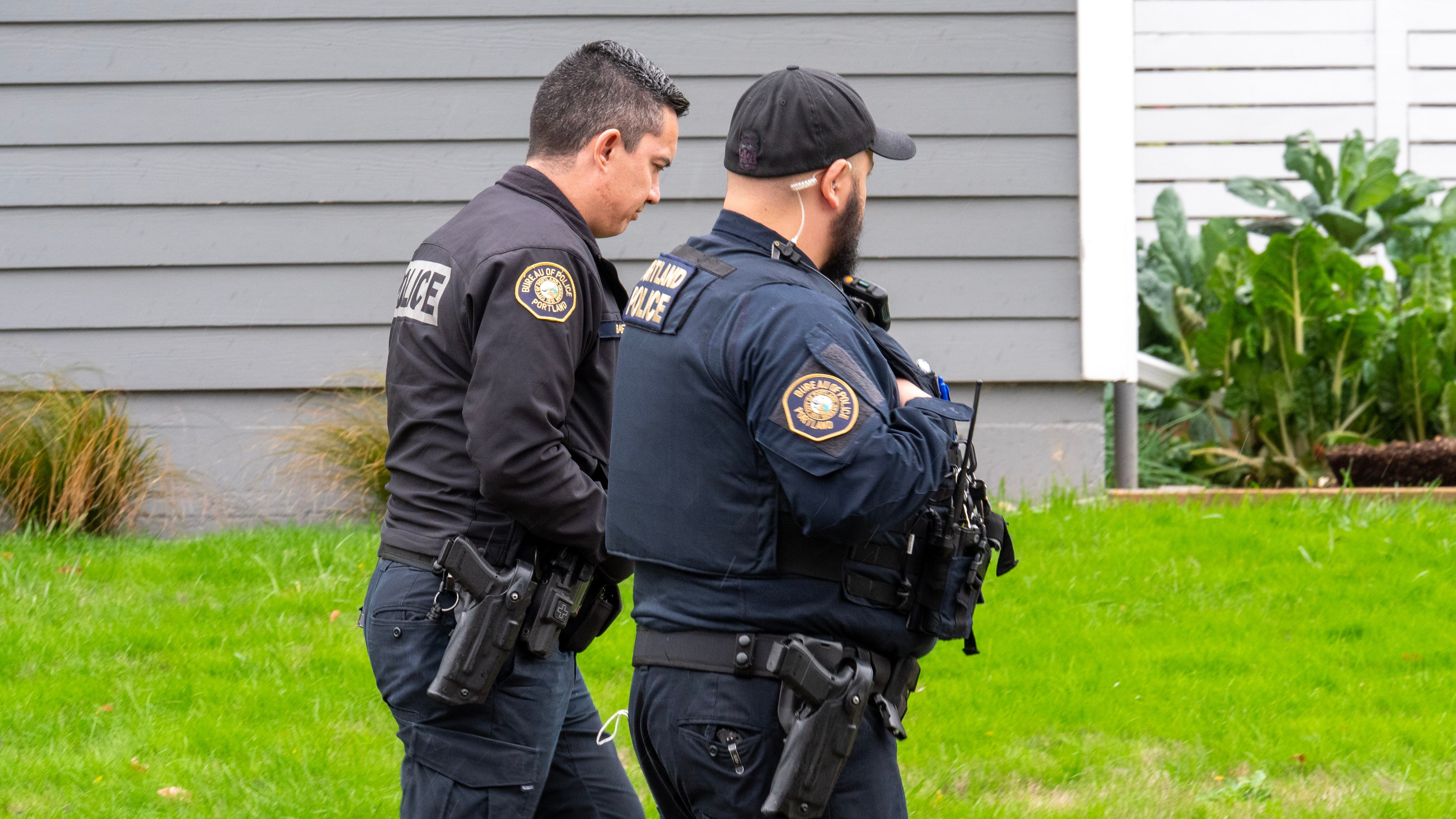One of the upsides of strapping cameras on Portland’s cops is that it could help prosecutors decide whether they have a strong enough case prior to filing criminal charges.
This, officials say, makes the system more just. “The early identification of these issues a way of protecting a defendant from being charged with a crime and potentially held in custody on charges that will later be dismissed or reduced once the [video] is reviewed,” prosecutors at the Multnomah County District Attorney’s Office told the County Board of Commissioners in June 2022.
That is, if prosecutors actually do it. Last week, District Attorney Mike Schmidt admitted to the board in a budget presentation that his office will only be able to review video of felony cases, and even then only 15% of the time, prior to filing charges.
“A best practice, of course, would be before we make any charging decision that we have reviewed all of the evidence available to us,” Schmidt said.
If cases make it to trial, prosecutors will review all the video, Schmidt notes. But most cases don’t get that far, and will be resolved in a plea without prosecutors ever getting a chance to even watch the video of what happened.
The cause of the problem is an impending tidal wave of video from 800 cameras being handed out by the Portland Police Bureau to its officers. That program goes live in the next few weeks.
The DA’s office warned the county two years ago about the impending backlog of video, saying it would take a $3 million investment to review it all. But county officials have declined to fund even a small portion of that.
Meanwhile, other counties have tackled the issue. Maricopa County, Ariz., the fourth largest in the country, mandated that its prosecutors review body cam video in response to demands for accountability in the wake of the George Floyd protests.

